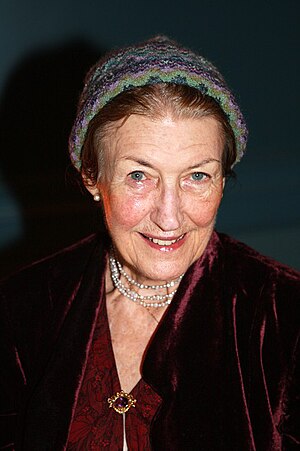
“Children seldom have a proper sense of their own tragedy, discounting and keeping hidden the true horrors of their short lives, humbly imagining real calamity to be some prestigious drama of the grown-up world.”
Share this quote:
“One would always want to think of oneself as being on the side of love, ready to recognize it and wish it well /but, when confronted with it in others, one so often resented it, questioned its true nature, secretly dismissed the particular instance as folly or promiscuity. Was it merely jealousy, or a reluctance to admit so noble and enviable a sentiment in anyone but oneself?”
Share this quote:
“Its a nervous work. The state that you need to write is the state that others are paying large sums to get rid of.”
Share this quote:
“Americans great and secret fear is that America may turn out to be a phenomenon rather than a civilization.”
Share this quote:
“Sometimes, surely, truth is closer to imagination or to intelligence, to love than to fact? To be accurate is not to be right.”
Share this quote:
“Do you ever notice, asked Luisa, how easy it is to forgive a person any number of faults for one endearing characteristic . . . while someone with many good qualities is insupportable for a single defect if it happens to be a boring one?”
Share this quote:
He was familiar enough with pleasure to know it might become jaded or reluctant; but joy was literally foreign to him, a word he would never easily pronounce, an exhilaration that had some other reckless nationality. For this reason, Caros wholeness in love, her happiness in it, made her exotic.
Share this quote:
... although the sufferings of children are the worst, being inextinguishable--children themselves seldom have a proper sense of their own tragedy, discounting and keeping hidden the true horrors of their short lives, humbly imagining real calamity to be some prestigious drama of the grown-up world. [p. 13]
Share this quote:
They walked off on the earthy path, laughing not quite naturally, for they could hardly help being pleased by the momentary attention of descending passengers and by their own almost meritorious youth.
Share this quote:
. . . solitude, which is held to be cause of eccentricity, in fact imposes excessive normality, and least in public . . . [p. 7]
Share this quote:
Children seldom have a proper sense of their own tragedy discounting and keeping hidden the true horrors of their short lives humbly imagining real calamity to be some prestigious drama of the grown-up world.
Share this quote: